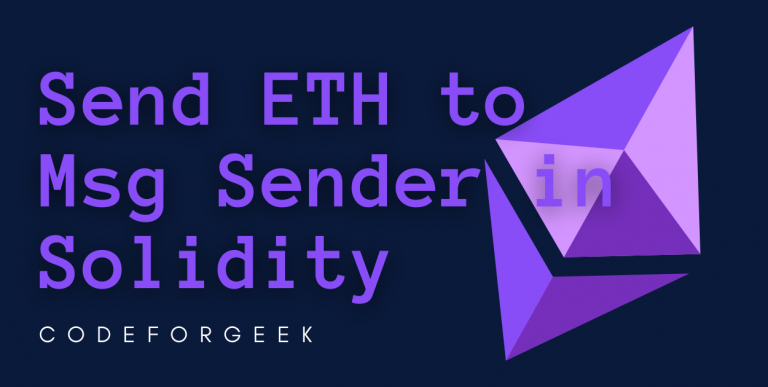New to Rust? Grab our free Rust for Beginners eBook Get it free →
Best Practices for Cybersecurity in Web Development: An Australian Perspective

Cyber-attacks are becoming a serious threat to businesses in Australia. For platforms that handle sensitive transactions, such as online casinos, even a single breach can cause huge financial losses and damage their reputation. Because of this growing risk, web developers must adopt strong cybersecurity measures. Protecting user data is no longer just a technical issue—it’s essential for building trust and ensuring business success.
The Role of SSL Certificates in Secure Web Development
SSL certificates are crucial for keeping data secure online. In Australia, over 95% of web traffic is now protected using SSL/TLS protocols. This encryption stops hackers from accessing sensitive information like login details or payment data. Without SSL, any information shared between a website and its users can be easily stolen by attackers. Google also gives higher rankings to sites with SSL, which helps increase their visibility. For businesses, having SSL is no longer optional—it’s necessary to protect users and gain their trust.
Ensuring Safe Transactions in Online Casinos
Secure payment gateways are vital for online casinos. According to recent data, 68% of Australian users see security as a top concern when choosing an online entertainment website. Encrypted payment systems protect details like credit card numbers and bank transfers. This not only reduces the chance of breaches but also helps build user trust, which encourages loyalty.
Technologies like 3D Secure and two-factor authentication (2FA) add crucial security layers. Studies reveal that using these methods can lead to a 30% reduction in fraud. Many online casinos are also adopting cryptocurrencies for transactions, which offer secure, anonymous payments that are hard to hack.
Ryan White, an expert from truebluecasinos.org, says, “Online casinos need to focus on fast, secure payments and strong fraud prevention. Players want to know their money and data are safe”.
Secure Coding Techniques to Prevent Cyber-Attacks
Secure coding is essential for industries like banking and healthcare. A study shows that 84% of data breaches are due to weaknesses in the application layer. Techniques like input validation prevent hackers from injecting harmful code. Avoiding hard-coded credentials lowers the risk of unauthorized access. The 2017 Equifax breach, which exposed over 147 million records, was partly due to unpatched vulnerabilities.
Using secure frameworks is also effective. Tools like OWASP guidelines protect against common threats like SQL injection and cross-site scripting (XSS). Industries that handle sensitive information, like finance and healthcare, must follow regulations like GDPR and HIPAA. These rules help ensure strong security to protect user data.
Implementing Multi-Factor Authentication for Added Security
Multi-factor authentication (MFA) has become crucial for protecting sensitive systems. Microsoft reports that using MFA can block 99.9% of automated attacks. MFA combines a password with a one-time code sent to the user’s phone, adding a key layer of security. This is especially important for sectors like banking and healthcare, where breaches can be devastating.
Financial institutions have seen up to a 50% reduction in account takeovers by adopting MFA. Government agencies also use it to secure classified data. Even companies like Google enforce MFA internally, greatly reducing the risk of employee account breaches. By requiring both a password and a secondary code, organizations make it much harder for hackers to gain access.
Conclusion
As cyber threats continue to increase, Australian developers must prioritize strong security measures. Industries like online casinos depend on SSL, secure coding, and MFA to protect their data. These practices are not just about safety—they also help build trust. For platforms that handle frequent transactions, robust security is essential to maintaining user confidence.




